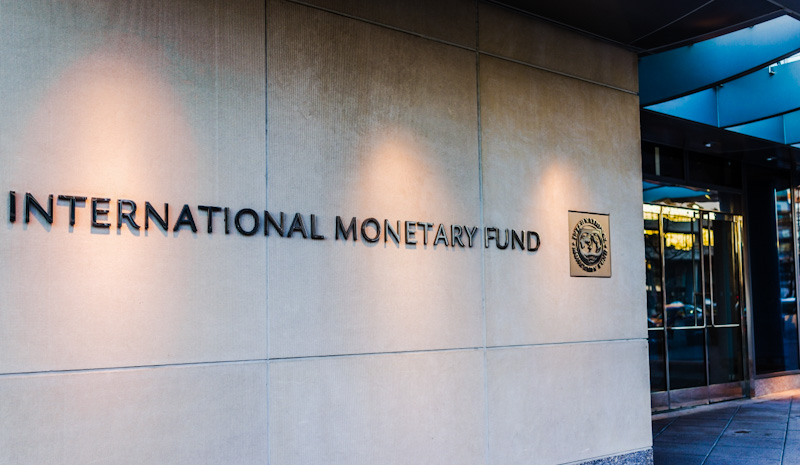Kenya will receive emergency aid totalling $2.3 (Ksh 255.9 billion) to help cover a shortfall in the nation’s budget and balance of payments due to the coronavirus pandemic, the International Monetary Fund (IMF) said in a press release on Friday.
The three-year financing package under thee under the Extended Credit Facility (ECF) and the Extended Fund Facility (EFF) will also support Kenya’s initiatives towards reducing debt vulnerabilities while safeguarding resources to protect vulnerable groups.
“Kenya was hit hard at the onset by the Covid-19 pandemic,” the IMF said.
“With a forceful policy response, the economy has been picking up heading into 2021 after likely posting a slight contraction of 0.1% in 2020. Even with this recovery, challenges remain in the return to durable and inclusive growth, and past gains in poverty reduction have been reversed.”
“The Kenyan authorities have demonstrated strong commitment to fiscal reforms during this unprecedented global shock, and Kenya’s medium-term prospects remain positive,” Ms. Antoinette Sayeh, Deputy Managing Director and Acting Chair, stated at the conclusion of the Executive Board’s discussion.
The IMF projects 7.6 per cent GDP growth in 2021. The Central Bank says the current account deficit is projected at 5.2 per cent of GDP in 2021, from an estimate of 4.8 per cent of GDP in 2020, reflecting an expected pickup in imports of intermediate goods.
National Treasury Cabinet Secretay Yukur Yattni described the approval of the request as ‘not only timely but also an expression of confidence in the soundness of the programme’.
“The National Treasury and Planning is confident that the support and reforms set out in this IMF Programme will go a long way in mitigating the effects of the pandemic, while aiding in the achievement of the government’s policy objectives set out in the recently approved 2021 budget Policy Statement as well as the Medium Term Plan II.”
The Central Bank of Kenya also disclosed it will receive further disbursement from the World Bank’s Development Policy Operations (DPO) before the end of the current fiscal year to strengthen the reserve bank’s usable foreign currency deposits.
The World Bank’s DPO is estimated at Ksh 82.5 billion by June and an additional Ksh 74.3 billion in the next fiscal year.




